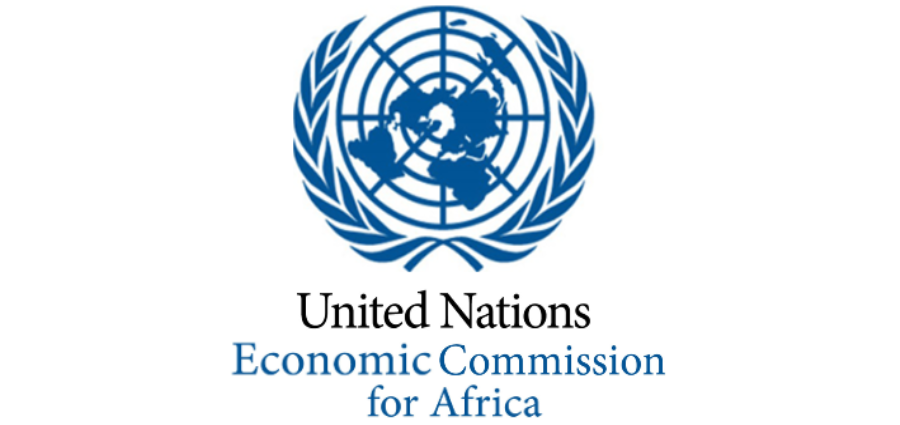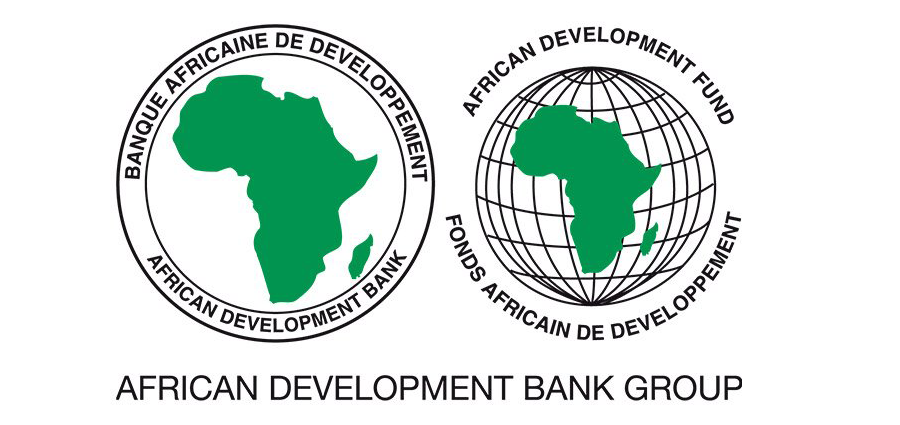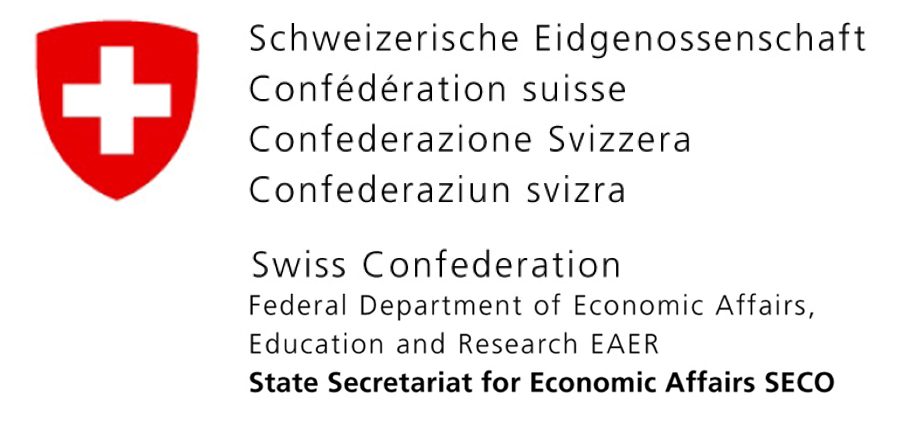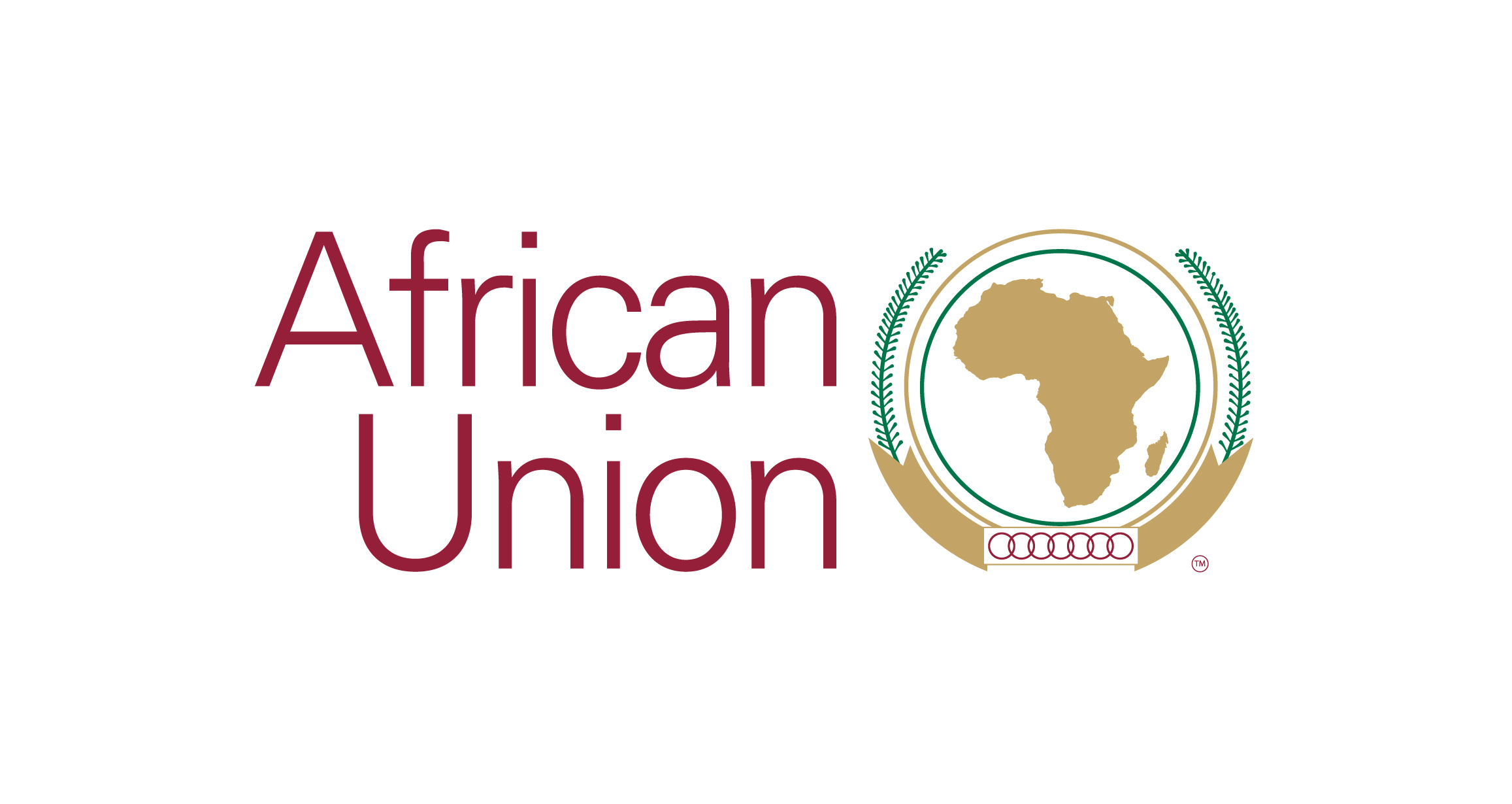Policies for Sustainable Accessibility and Mobility in Urban Areas of Mali - Policy & Strategy Paper
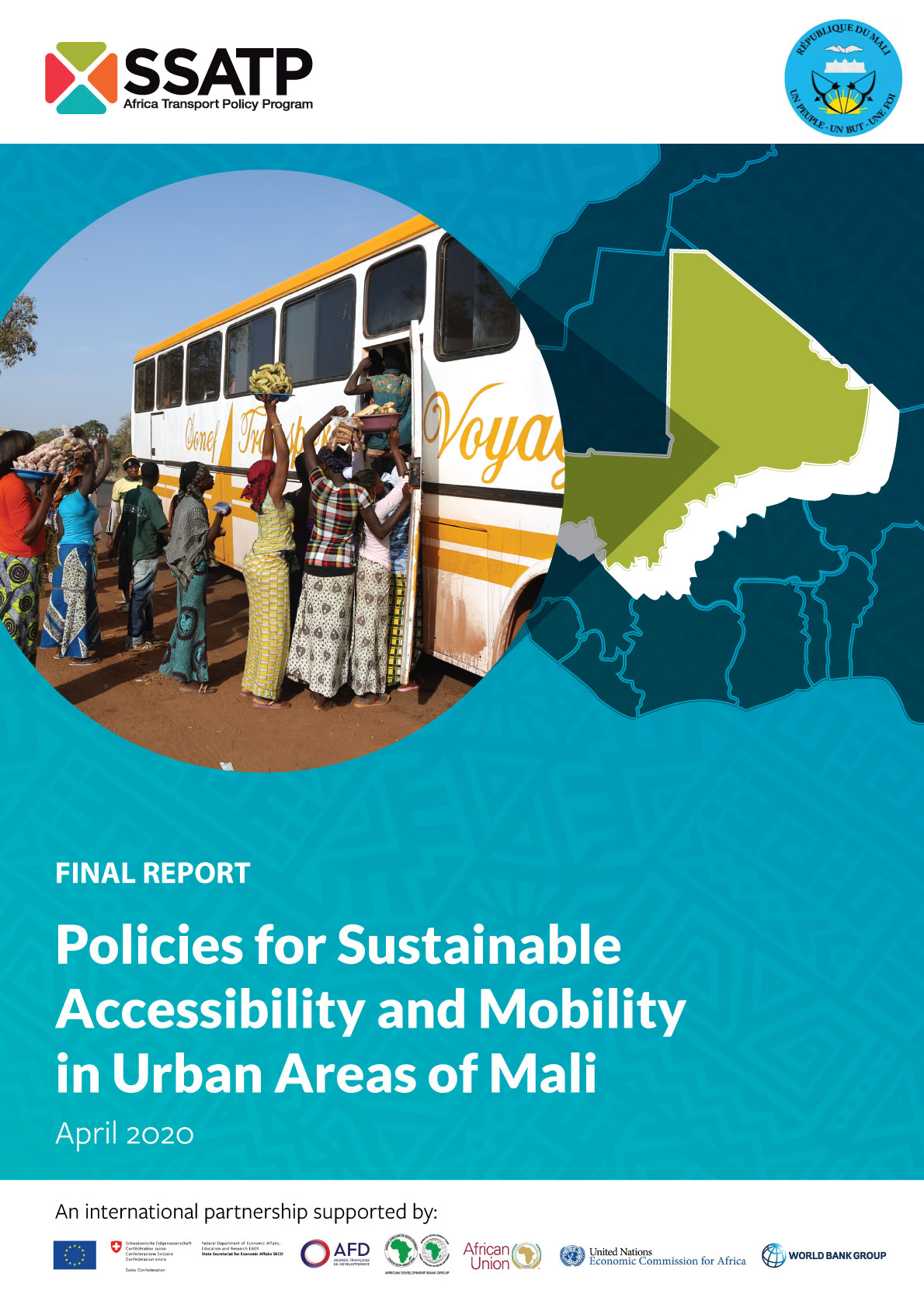
Within the framework of its Urban Transport and Mobility (UTM) pillar, SSATP launched a diagnostic pilot activity to support eight pilot countries (Ivory Coast, Ethiopia, Guinea, Ghana, Kenya, Nigeria, Rwanda, and Senegal) in the development of policies to improve accessibility and mobility in urban areas of Africa. Six thematic areas were considered as priorities:
- Strengthening the institutional framework for urban transport management,
- Creating funding sources dedicated to the management of urban transport,
- Promoting the effective participation of civil society in urban transport management,
- Improving multi-modal planning and operation of city centers,
- Improving the performance of public transport (in particular the reform of paratransit services),
- Organizing and implementing National Government assistance for the management of urban transport in secondary cities.
The present study aims to prompt a change in thinking about accessibility and mobility, and to raise awareness among decision-makers so that they will implement strong policies, strategies and operational practices that make an effective contribution to improving transport and mobility in the urban areas of Mali.
With this in mind, the present final report contains:
- A policy letter on urban mobility for Mali highlighting the context, objectives, ambitions and the orientations for achieving them;
- The urban mobility strategy per the four categories of the EASI concept;
- Action plans at national scale, for Greater Bamako and for the secondary cities.
This report is based on the recommendations formulated in the assessment report on urban mobility in Mali drawn up following the first missions to Bamako and Kayes in July-September 2019. These recommendations were finalized following the National Urban Mobility Forum held in Bamako on November 6-7, 2019, which provided the opportunity to present a preliminary version.

